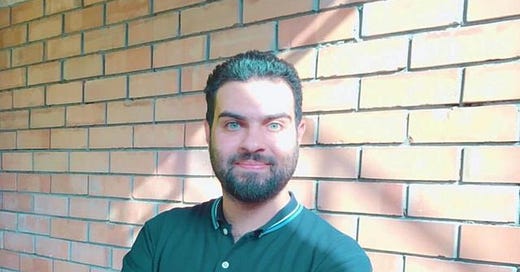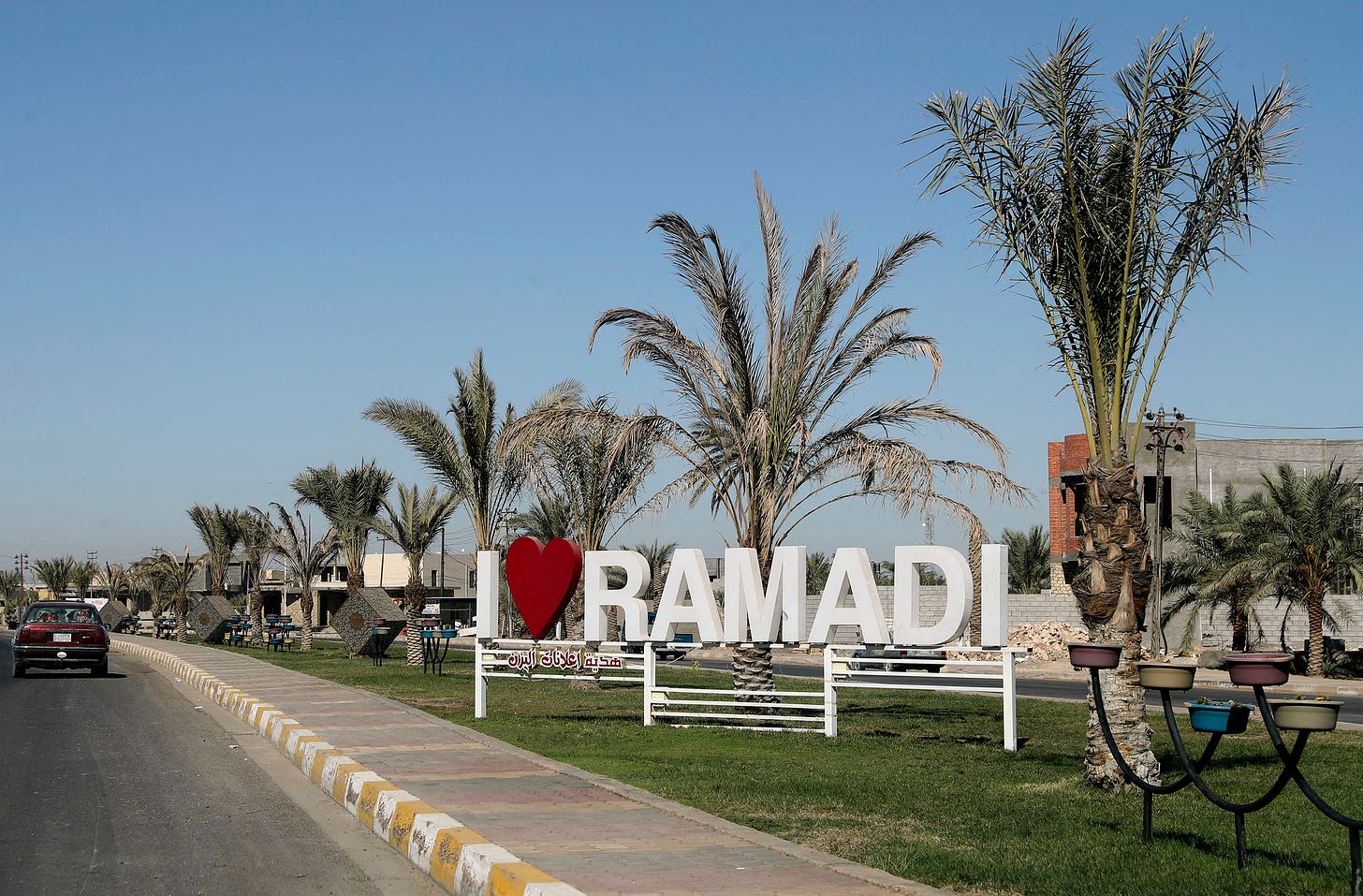Startup Space To Bring Opportunities For Anbar Youth
Hani Aswad wants to improve the environment for entrepreneurship in Iraq’s largest province, beginning with a dedicated space to launch new businesses.
Opportunities are gradually improving for young people in Iraq’s largest province. Years of being marginalized by the central government have taken their toll on Anbar, which became a stronghold for ISIS when the group took over large swathes of Iraq. But five years since the militants were defeated, Anbar is seeing tentative growth as foreign investment funds new building projects, creating much-needed employment in the impoverished state.
New roads and shopping malls are emerging in cities once defined by bloody battles waged on their streets. In Ramadi and Fallujah, hospitals, hotels and universities are re-shaping urban landscapes, bringing hope to local populations scarred by decades of war. But progress is slow and many young people still struggle to find work, particularly those with degrees from Iraqi universities who want to channel their skills into new forms of employment.
“Graduates from universities in Anbar are not finding jobs so many try to start their own businesses,” says Hani Aswad, a business development and entrepreneurship expert who is launching a co-working space in the governorate’s capital, Ramadi. Few, however, have the know-how to get a start-up off the ground. While other places, including Iraq’s capital Baghdad, the Kurdish cities of Erbil and Sulimaniye and even Mosul, which suffered massive destruction during the battle to expel ISIS, have coworking spaces and startup incubators, Anbar offers very little to support aspiring entrepreneurs.
“We need to begin with the basics - There are no dedicated spaces for people to meet and plan,” says Aswad, who is drawing on his experience in Baghdad’s startup scene to develop the environment for entrepreneurship in Anbar. His new space, funded in part by an Innovation Hub grant, will provide the key facilities required for fledging businesses to grow. Starting small, with room for around eight people to meet, work and brainstorm ideas, he plans to provide a hub for the startup community before moving to bigger premises, expanding the range of workshops for all phases of startup growth.
The next steps will be to provide training sessions for entrepreneurs and build awareness in the local community, where new businesses are often met with mistrust. “It’s a huge risk to launch a startup in this society. People are afraid of working with startups in Anbar because of the risk that they will fail at an early stage,” Aswad says. Many of the startups he works with a focus on apps and software development or building websites – fields of technology that are unfamiliar in Anbar. “Local people here don’t really want to try new things so entrepreneurs don’t feel confident because they fear people won’t use them.”
But there is also an opportunity to build the infrastructure from scratch and lay the foundations for a fledgling startup scene that could bring hope to graduates in Anbar without jobs. “We are dealing with a fresh community that’s ready for development,” Aswad says. “The new generation has great ideas, they just need guidance because they are launching new companies in categories of business that weren’t available in Anbar a few years ago.”
A series of events hosted by global investment platform Techstars in Anbar over recent months identified 30 viable project ideas. “Now they are beginning the real work of getting their businesses off the ground and we are giving them somewhere to do that,” he adds.







